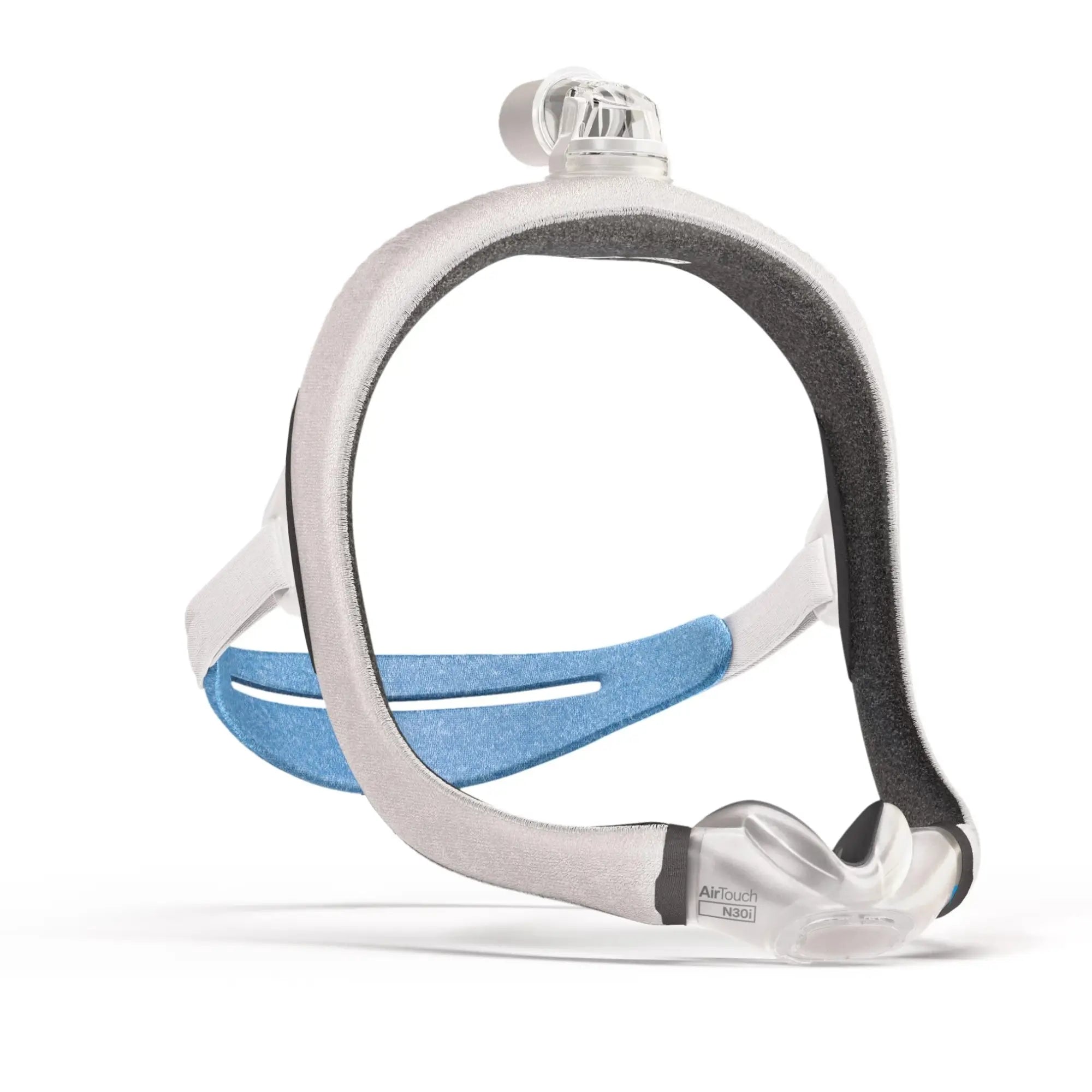No, dogs or any pets can’t use CPAP machines. Researchers are looking into ways machine therapy for sleep apnea could be possible for pets. However, there hasn’t been any conclusive discovery of a particular type of CPAP machine which would suit them.
Pets can’t use any kind of oral medium as such. You can treat pneumonia and asthma with a nebulizer.
So, what can you do for a pet dog with sleep apnea?
How to treat a dog with sleep apnea

We have already crossed out CPAP machines. Surgery is an option. However, humans don’t have a big success rate with surgery for sleep apnea. There’s an even lower chance of it succeeding with our furry friends.
First, you should take your dog to a vet.
Your dog’s vet will determine the cause of sleep apnea. If it’s due to allergies, it’s a matter of allergy-reducing medicines and decreasing their exposure to allergens.
If it’s due to obesity, your vet will draw up a healthier diet for your pet. You will also have to make them do more exercises. The solution isn’t much different from humans in this regard.
If it’s occurring naturally, your vet might have some medicines to reduce the effect.
Positional therapy is another option. Some sleeping positions can make it harder to breathe. If you notice more snoring in a certain position, help them twist their body into a more comfortable setup. Do this every time they try to sleep in a comfortable position detrimental for them.
Your dog will get used to the new position soon.
How do you know if your dog has sleep apnea?

Like humans, loud snoring in dogs can be a symptom of sleep apnea.
Did you notice your dog stops breathing for a couple of seconds and then takes a loud inhale? This is a clear sign of sleep apnea. The disease causes them to skip a few breaths.
Do you notice sudden tiredness in them? No intention to run after the ball they like so much?
Instead of their short naps, are they taking longer every time they sleep? You are worried about how irritable they have become too.
They might be anxious during bedtime. Sleeping too much or not sleeping at all are also signs.
However, many of these are also normal dog behavior. Like us, there are days they don’t feel like doing anything or want to take a long nap.
Still, if these symptoms are causing you to suspect sleep apnea, it’s time to take them to a vet.
Reasons your dog could have sleep apnea
Obstructive sleep apnea
Obstructive sleep apnea is a natural condition in dogs, cats, and humans. It’s when the bone structure of the nose or the muscle tissue in our nose is too close. As a result, air supply throughout the body is harder.
Breeds such as Pugs, Shih Tzus, and bulldogs are likely to have obstructive sleep apnea because of their short snout. In addition, there’s evidence purebred dogs have more health problems in general.
Allergies
Sometimes, breathing problems are simply side effects of allergies. For example, it could be from the food, a type of fabric, or a seasonal allergy.
Obesity
Obesity leads to all kinds of health issues in dogs and cats. Sleep apnea could be one of the many problems caused by it. As the tissue in their throat fattens up, it blocks the airways. Exercising and reducing their intake of certain foods should eliminate the problem.
Final Thoughts
We can’t wait for the day CPAP machines or an alternative would be available for dogs. While those suffering from obesity and allergens have solutions in medicines and a healthy diet, obstructive sleep apnea is best treated with CPAP therapy.

















































